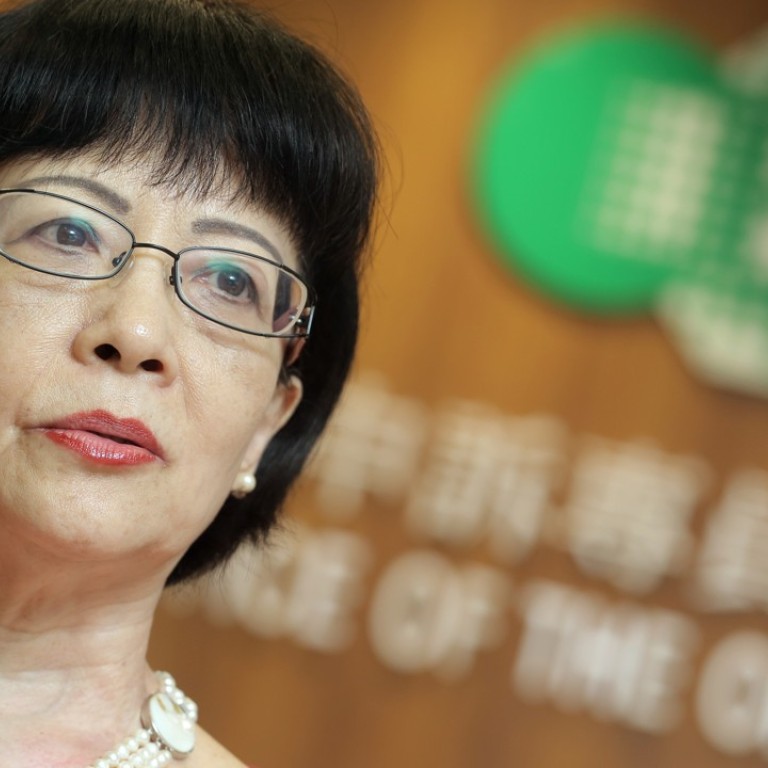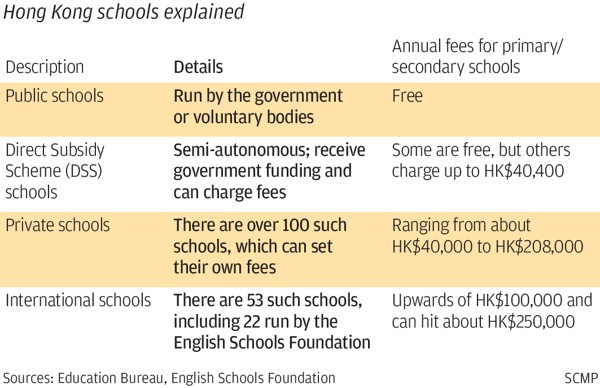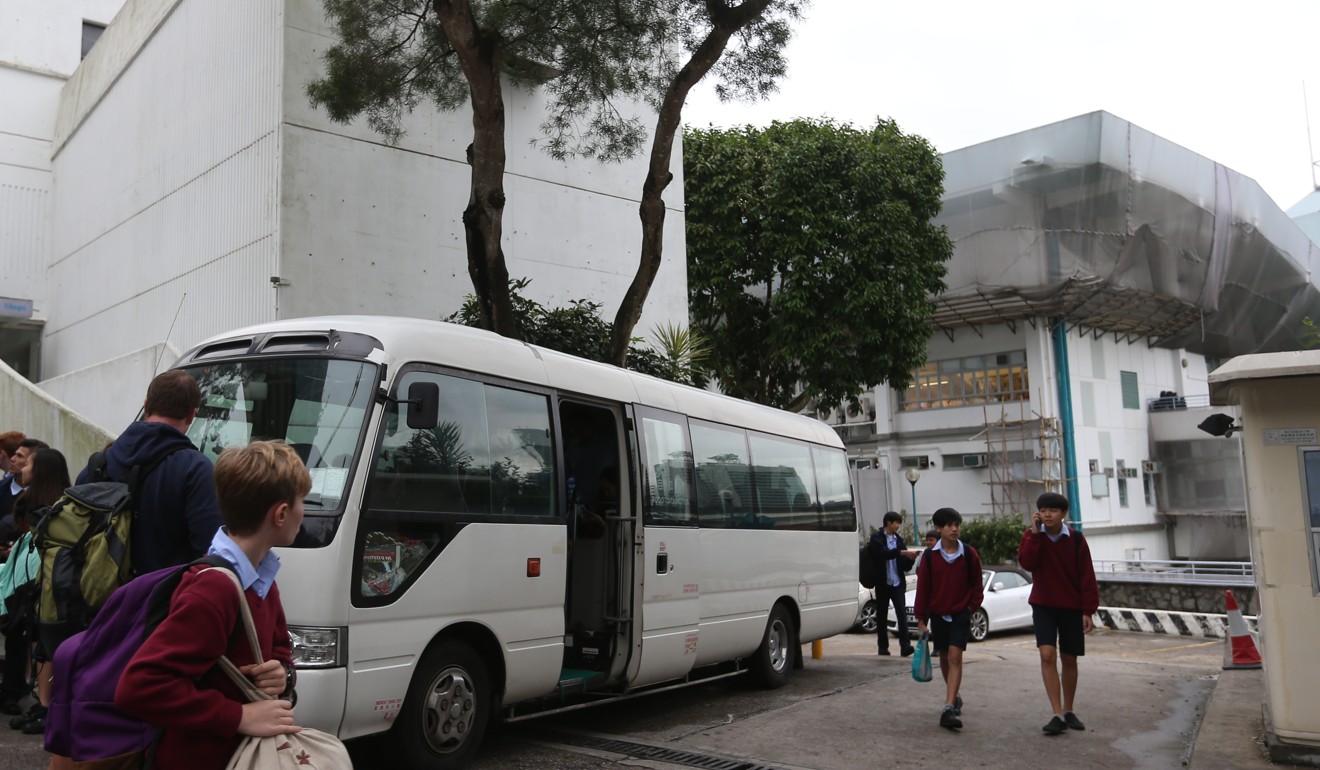
Hong Kong Education Bureau under watchdog scrutiny over ‘lax’ screening and ‘transparency’ of school applications for fee rise
Ombudsman says while there is a system in place, schools are not ‘at liberty to unreasonably raise their fees year after year’
The government watchdog will scrutinise Hong Kong’s education authority over public concerns that its approval process for raising school fees is “lax and lacks transparency”.
In a statement on Tuesday, the Office of the Ombudsman pointed to how 147 schools – semi-autonomous ones in the Direct Subsidy Scheme, private and international schools – were given the green light to raise fees last year, with some of them charging more than HK$200,000 (US$25,000) a year.
Ombudsman Connie Lau Yin-hing acknowledged that the Education Bureau had a system for evaluating fee increase applications.
Fees at ESF schools in Hong Kong could rise by as much as 25 per cent next year
“Nevertheless, there are concerns in the community that the bureau’s approval mechanism is lax and lacks transparency, such that those schools can often easily obtain approval to raise their school fees, thereby placing a heavy financial burden on parents,” she said.
She added it was the bureau’s job to ensure fee increases were reasonable and that schools were not “at liberty to unreasonably raise their fees year after year”.
“We are, therefore, very concerned about whether the bureau has in place a sufficiently strict mechanism and proper procedures for approving applications for school fee revisions.”
We are very concerned about whether the bureau has in place a sufficiently strict mechanism
Separately, Secretary for Education Kevin Yeung Yun-hung said the application assessment system was reviewed regularly and the bureau would cooperate fully with the watchdog’s investigation.
Hong Kong has about 1,000 primary and secondary schools, and most are public schools run either by the government or by voluntary bodies. They are free for Hong Kong residents and have to follow the Education Bureau’s rules for their curriculum and operations.
Parents only pay school fees if their children are enrolled in Direct Subsidy Scheme, private or international schools, which are typically seen as more prestigious.
Education lawmaker Ip Kin-yuen said there were 241 Direct Subsidy Scheme, private and international schools with a total of about 130,000 children, comprising 20 per cent of all students in the city.

The biggest group of international schools – the English Schools Foundation with 22 campuses – in March proposed fee increases of up to 24.7 per cent.
DSS schools can apply to the bureau each year to revise their fees and as of May, 42 schools had requested an adjustment.
Two-thirds of Hong Kong’s direct subsidy scheme schools raise fees
Ip said some schools were trying to push fees up by between 10 and 50 per cent in the coming academic year after the summer break.
“There’s a need to look at the criteria the Education Bureau has adopted in approving the fee increase applications,” Ip said. He criticised international schools that made parents stump up exorbitant sums to secure a place or even just to get an interview during the application process for their children.
Annie Cheung Yim-shuen, whose child attends Kennedy School, said annual fees went up by about 10 per cent to HK$7,000 in the current academic year, compared with the one before. But she said it was a reasonable increase and that parents had been given a chance to have their say through representatives on the school board.

She supported suggestions that the school make public the salary range of senior staff so parents would have a better idea of where the fees went.
Ombudsman Lau said the investigation would cover the Education Bureau’s criteria and procedures for approving fee revision applications, and how it regulated the amount collected by schools. The watchdog would then make recommendations for improvement.
Her office called on members of the public to write in and provide information and views on the matter by July 26.


